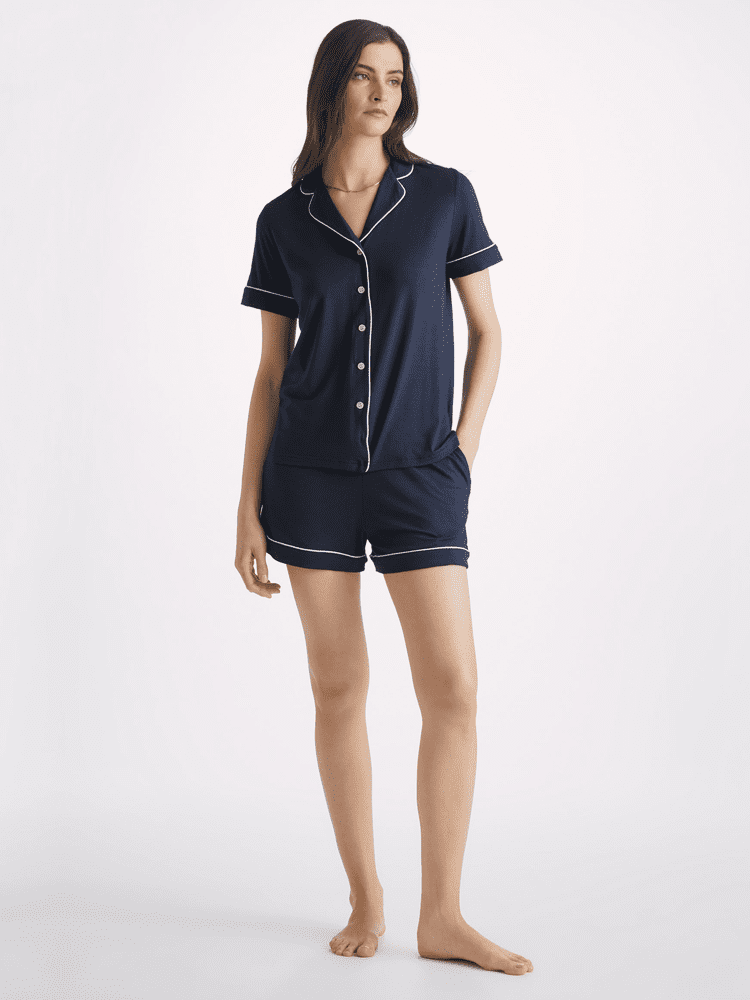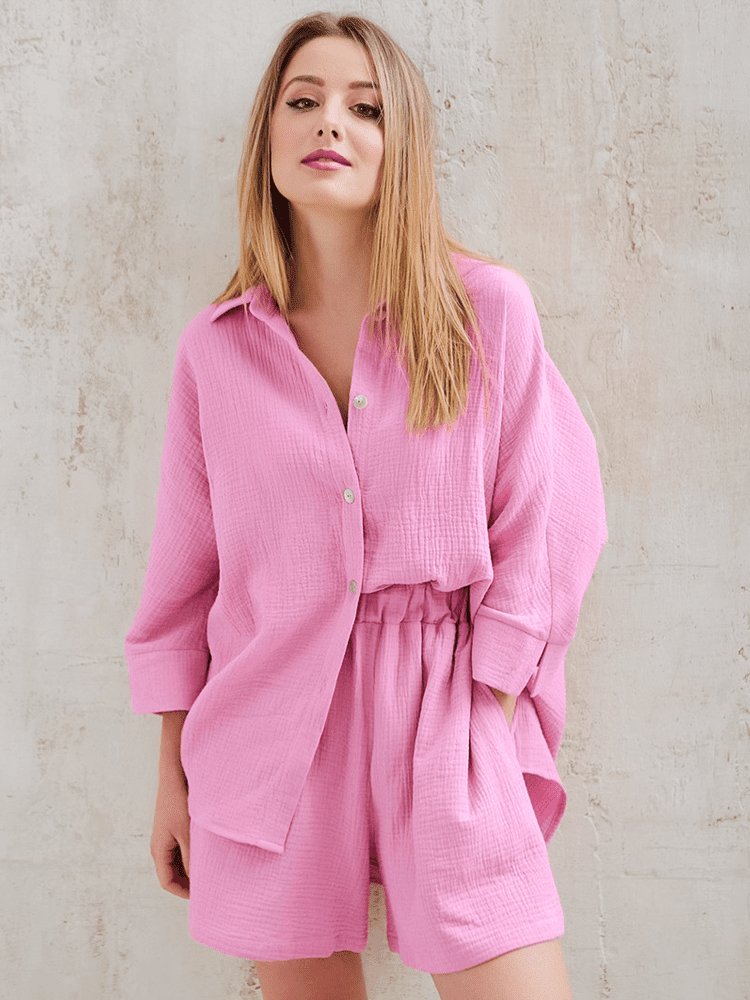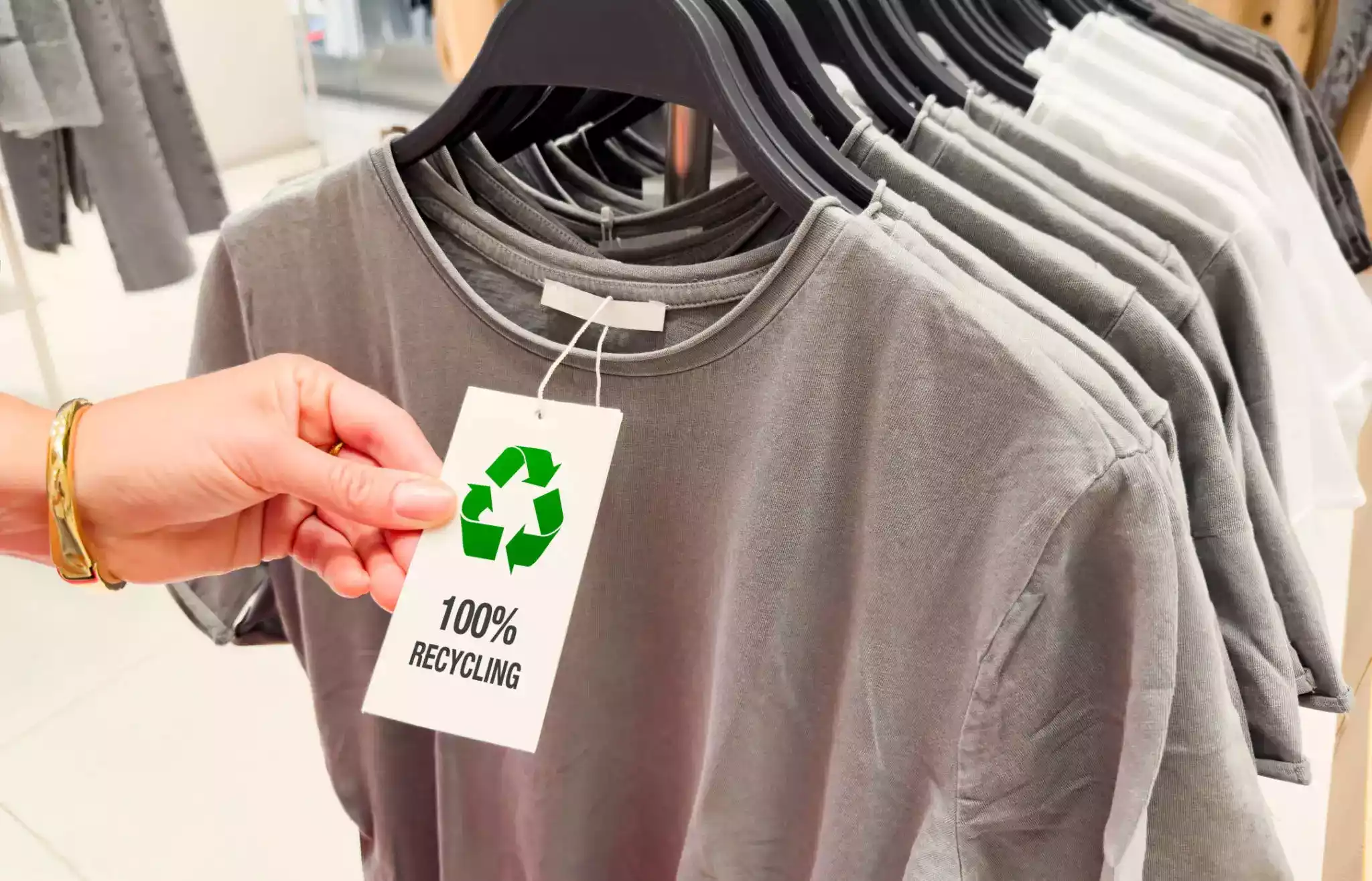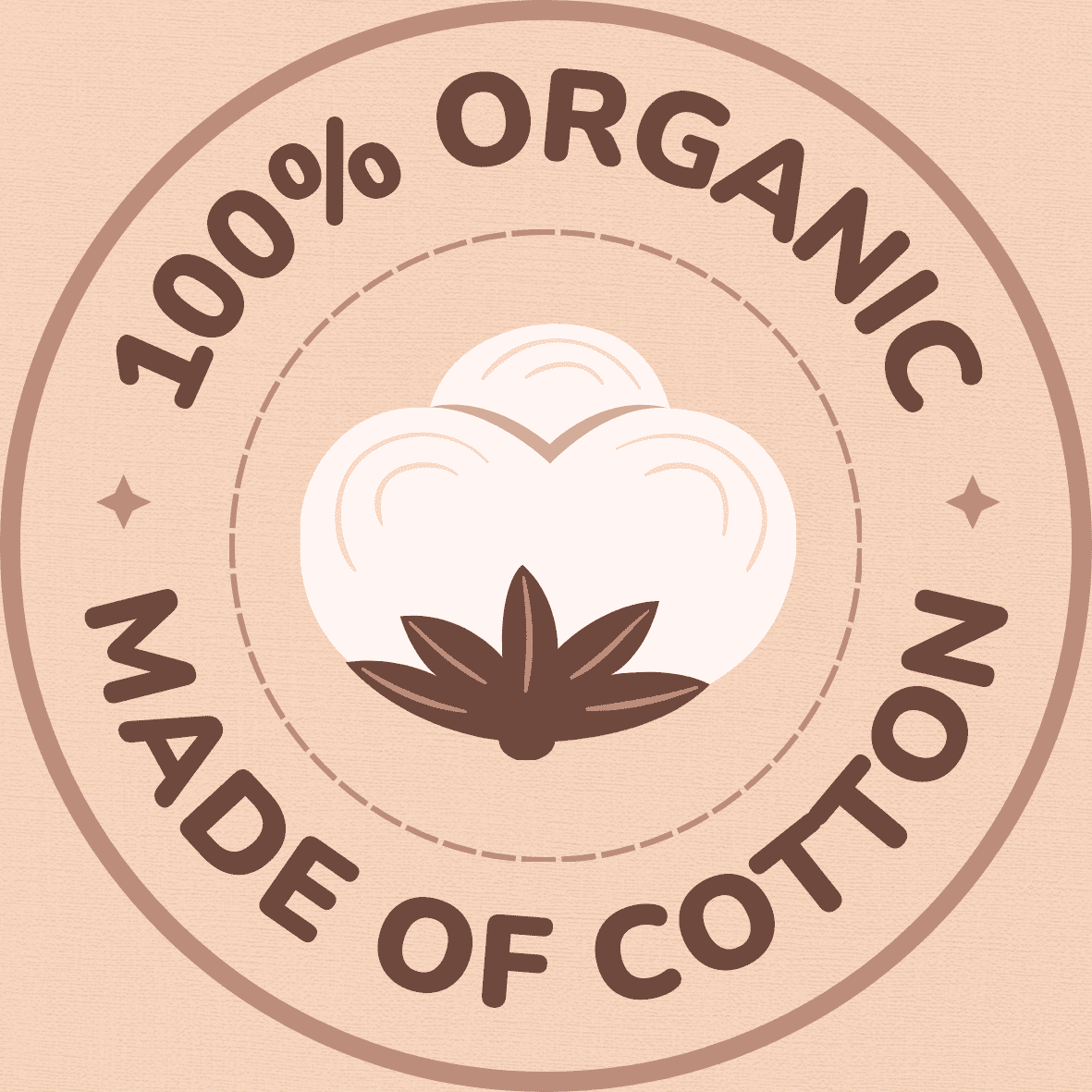Eco-Friendly Fashion Revolution: Exploring the World of Eco-Friendly Fashion Manufacturers
Sustainable clothing, also commonly referred to as eco-fashion, is a design philosophy driven by the principle of producing apparel that respects social and environmental ethics. It primarily aims to reduce the carbon footprint associated with the production of apparels and promote a more environmentally-conscious fashion industry. Eco-friendly fashion manufacturers play a vital role in this modern movement, adhering to the principles of sustainability in their operations.
Such manufacturers prioritize using environmentally friendly resources, fair trade labor, energy-efficient production methods, and recyclable materials to produce garments. These eco-friendly clothing manufacturers are conscious about the impact of their manufacturing processes on the environment, and work tirelessly to minimize waste and control resource usage. The goal is to produce high quality, trendy garments that respect both people and the planet.
The Importance of Green Apparel in Today’s Fashion Industry
The current trends in the global fashion industry underscore a significant shift towards sustainability. In this context, green apparel holds a central role, primarily due to the rising public awareness about environmental issues and their interplay with industries such as fashion manufacturing, which traditionally is known for its substantial waste production and resource consumption. Green apparel has become more than just a fad; it’s a necessity to mitigate environmental degradation and inspire responsible consumption.
In the frontline of this green revolution are progressive fashion manufacturers, particularly Italian fashion manufacturers renowned for their luxurious quality and superior craftsmanship. These leaders of haute couture are blending their trade expertise with sustainable practices to revolutionize the fashion landscape. From incorporating organic materials to utilizing innovative techniques that consume less energy, they are setting a benchmark for others to follow. This method not only aligns with global environmental objectives but also fosters innovation and encourages economic viability. The integration of green apparel by these heavyweights is a testament to the importance and urgency of sustainability in today’s fashion industry.
The Journey Towards Sustainable Fashion Production

The transition to sustainable fashion production has been marked by a series of milestones, driven largely by the collective actions of consumers, fashion designers, and manufacturing companies. This shift can be seen prominently in various fashion hotspots across the globe, one of which being Los Angeles. In the heart of this ever-vibrant city, a growing number of fashion manufacturers are embracing eco-friendly principles, through the implementation of sustainable practices.
Los Angeles is not just known for its Hollywood glamour but also for its thriving fashion industry. Here, fashion manufacturers, aspiring for change, have been making steady strides towards sustainability. Fashion manufacturing companies in Los Angeles have been actively diverting from the traditional, environmentally-detrimental methods of production, instead opting for sustainable alternatives. This includes sourcing organic or recycled fabrics, reducing water consumption, minimizing energy use, and engaging in fair trade practices. The commitment demonstrated by these companies indicates the serious steps being taken to address the environmental footprint of the fashion industry.
Top Global Players Promoting Sustainable Clothing Practices
With the dawn of a new age in the fashion world, big names in the industry have begun focusing on sustainable clothing practices. Prominent fashion apparel manufacturers like H&M and Stella McCartney, for example, are now making a committed effort towards adopting sustainable strategies in their businesses. The move to engage in eco-friendly production methods are driven by a need to reduce the catastrophic environmental impacts associated with traditional clothing production, such as high amounts of waste, extensive water usage, and dangerous chemical use.
Simultaneously, fashion clothing manufacturers like Patagonia and Eileen Fisher are paving the way for a more sustainable future through radical transparency in their supply chains, responsible sourcing, and a focus on durable, quality products. These brands have made commitments toward ethical labor practices and circular economy systems, where resources are kept in use for as long as possible. Indeed, these global players are not just setting an example for the industry, they are defining the new standards for environmental consciousness in fashion manufacturing.
The Process of Producing Environmentally Conscious Apparel
The sustainable approach to fashion manufacture demands a systematic rethinking of all operational steps, from sourcing of materials to end-stage disposal. An environmentally conscious apparel begins its lifecycle with the careful selection of eco-friendly materials such as organic cotton, recycled polyester, and responsibly sourced wool. These materials not only decrease the negative environmental impact, but also support biodiversity and the well-being of the workers involved in the production.
Interestingly, the production of such apparel also inspires innovation in the realm of manufacturing processes. For instance, fashion manufacturers in China have been leading the way by integrating advanced technologies such as low-water dyeing techniques and chemical-free finishing processes into their sustainable production models. These methods not only drastically reduce the use of water and harmful chemicals, but also improve the efficiency and the overall quality of the produced garments. The move towards a more sustainable fashion industry undeniably requires combined efforts at all levels, from the raw material suppliers to the end consumers.
The Role of Organic Materials in Sustainable Fashion

The transformation of the fashion industry from fast fashion manufacturers to sustainability-focused brands is largely driven by the increasing usage of organic materials. Organic materials such as organic cotton, hemp, silk, and others are turning to be the backbone of sustainable fashion. Not only do these materials reduce the chemical load in the environment, but they are also renewable and biodegradable, which make them significantly more sustainable than their synthetic counterparts.
Fast fashion manufacturers are recognizing the consumers’ shift towards environmentally friendly alternatives and are adapting their production practices accordingly. By utilizing organic materials, they are not only able to meet consumers’ demand for green apparel but also significantly reduce their ecological footprint. The shift from synthetic to organic materials represents a monumental step towards a more sustainable and environmentally friendly fashion industry.
Innovative Techniques Used in the Production of Green Apparel
In the pursuit of reducing the carbon footprint, the apparel industry is increasingly employing innovative techniques. One such strategy is the usage of 3D printing in clothing production, which reduces waste generated by traditional cut-and-sew methods. This approach allows for greater precision while simultaneously decreasing the amount of raw materials required in each garment. Additionally, it provides the prospect of creating customized clothes that fit the individual customer perfectly, resulting in less unwanted clothing filling our landfills.
In the context of fabric manufacturing, Closed-Loop Technology is being widely applied, proving to be an effective method of curtailing environmental depletion. It relies on recycling offcuts and unused materials back into the production process. A significant highlight of this technique is that it preserves raw materials, reduces waste, and conserves water, all while restricting the reliance on virgin resources. Implementing closed-loop systems within garment factories has been shown to substantially improve sustainability and reaffirm the fashion industry’s commitment to producing apparel with minimal impact on the environment.
Challenges Faced By Sustainable Fashion Manufacturers
In the field of sustainable fashion manufacturing, numerous obstacles persist that push against progress. Principally, the procurement of high-quality, organic materials poses a significant challenge for these industry players. With the burgeoning demand for green garments, competition for these materials has skyrocketed. This rivalry often comes at a premium, putting financial pressure on manufacturers striving to meet their sustainability commitments without compromising on quality or elevating product pricing.
Another pertinent issue is the inherent complexity of creating sustainable clothing. The manufacturing process requires a conscientious and comprehensive approach at every stage – from sourcing raw elements to waste management. This complexity not only demands substantial investment of both time and resources, but also implores extensive knowledge, innovation, and specialized expertise. As further complications arise from the need to conform to an array of different environmental standards, there is an understandable concern about the practicality of sustainable fashion production. Meanwhile, this industry must still compete with mass market retailers that thrive on lower-cost, less labour-intensive processes.
Continuing from these points, there are a number of other challenges faced by sustainable fashion manufacturers:
• The lack of consumer awareness and education about sustainable fashion is another significant hurdle. Many consumers still prioritize price and style over sustainability, making it difficult for eco-conscious brands to compete in the market. This issue calls for extensive marketing efforts to educate consumers about the importance of supporting sustainable practices.
• In addition to this, supply chain transparency poses a major challenge. Sustainable manufacturers often struggle with ensuring that every step in their supply chain adheres to ethical and environmental standards. It can be particularly challenging when dealing with overseas suppliers who may not share the same commitment towards sustainability.
• Another problem lies in scalability – while smaller brands may find it easier to implement sustainable practices, larger companies face difficulties due to higher production volumes and complex operational structures.
• Furthermore, there is also the challenge of greenwashing – where companies falsely claim their products are environmentally friendly or ethically made. This practice not only misleads consumers but also undermines genuine efforts towards sustainability within the industry.
In conclusion, despite these numerous challenges, many manufacturers remain committed to pursuing more sustainable methods within their operations. However, achieving true sustainability within this sector requires collective action – from businesses adopting comprehensive strategies aimed at reducing their environmental impact; governments implementing stricter regulations around manufacturing processes; through to consumers becoming more informed about the impacts of their purchasing decisions on our planet’s health.
The Impact of Sustainable Fashion on Consumer Choices

Pioneering towards a more conscious future, sustainable fashion has begun exerting significant influence on customer purchasing decisions. Individuals are increasingly aware of the damaging effects of fast fashion on the environment and are gravitating towards brands that are respectful of the planet and its resources. This shift towards eco-friendly alternatives prominently reflects in the growing demand for green apparel, a testament to the eco-conscious consumer.
Simultaneously, sustainable fashion is also reshaping the shopping habits of consumers. More and more individuals are opting for quality over quantity, choosing durable and ethically-made clothing over disposable fashion trends. This transformation is a clear indication of the evolving ethos of the consumers towards mindful consumption. In essence, sustainable fashion isn’t just changing the industry’s manufacturing practices, but it’s also significantly transforming consumer behavior for the greater good.
Future Trends in the Sustainable Fashion Industry
As we venture forward into the era of conscious consumerism, we are likely to witness an influx of innovative and groundbreaking trends in the sustainable fashion industry. The evolving preferences of consumers, striving for a more ethically aware lifestyle, are creating a shift towards sustainability in the fashion industry. The future undoubtedly holds greater technological advancements, enhanced transparency, and a proliferation in sustainable business practices.
Incorporating artificial intelligence and machine learning are prime examples of the technological transformations forecasted to drive sustainability in the fashion realm. These technologies can assist in creating more efficient supply chains, reducing waste, and offering personalised experiences for eco-conscious shoppers. Furthermore, the increasing demand for transparency is expected to lead to greater disclosure of ethical practices, sourcing of materials, and production methods. This, combined with a surge in circular economy practices such as garment recycling and rental services, is poised to revolutionize the sustainable fashion industry.
FAQs
What is meant by sustainable clothing?
Sustainable clothing refers to garments that are designed, manufactured, distributed, and used in ways that are environmentally friendly. It involves a commitment to reducing carbon footprint, minimizing waste and pollution, and promoting ethical treatment of workers in the fashion industry.
Why is sustainable fashion important in today’s fashion industry?
Sustainable fashion is crucial in today’s industry because of the significant environmental impact of fast fashion. It mitigates the industry’s effects on climate change, water and air pollution while promoting ethical labor practices.
How is the fashion industry progressing towards sustainability?
The fashion industry is moving towards sustainability by implementing eco-friendly manufacturing practices, utilizing organic and recycled materials, reducing water usage, and advocating for fair trade and ethical labor practices.
Can you name some top companies promoting sustainable clothing practices?
Some of the top companies promoting sustainable clothing practices include Patagonia, H&M Conscious, Stella McCartney, and Levi’s.
What processes are involved in producing environmentally conscious apparel?
The production of environmentally conscious apparel involves sourcing materials with a lower environmental footprint, such as organic cotton or recycled materials, using less water and energy-intensive manufacturing processes, and implementing fair labor practices.
What role do organic materials play in sustainable fashion?
Organic materials are essential in sustainable fashion as they are grown without the use of harmful pesticides and chemical fertilizers, which reduces their environmental impact. They also tend to be biodegradable, adding to their sustainability.
What are some innovative techniques used in producing green apparel?
Some innovative techniques include using recycled materials, such as plastic bottles to make fabrics, using dyeing methods with less water and chemical use, and leveraging technology for digital design and pattern making to reduce waste.
What challenges are faced by sustainable fashion manufacturers?
Challenges include sourcing high-quality, sustainable materials, the higher costs of eco-friendly production, convincing consumers to pay more for sustainable garments, and competing with fast fashion companies.
How does sustainable fashion impact consumer choices?
Sustainable fashion is increasingly influencing consumer choices. Consumers are becoming more conscious of the environmental and ethical implications of their purchases and are choosing brands that align with their values.
What are the future trends in the sustainable fashion industry?
Future trends in the sustainable fashion industry include circular fashion, where clothes are designed to be durable, reused, or recycled; increased use of technology for eco-friendly manufacturing; and a continued move towards transparency and ethical labor practices.




